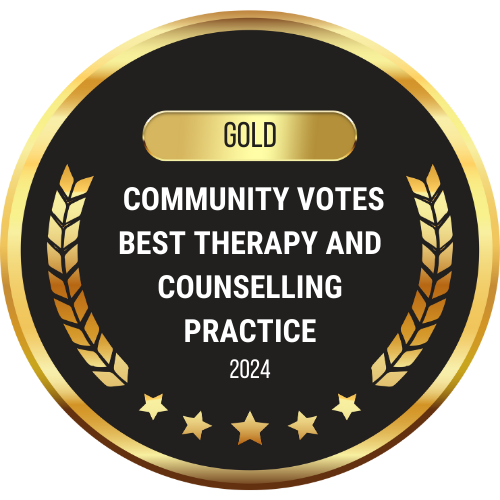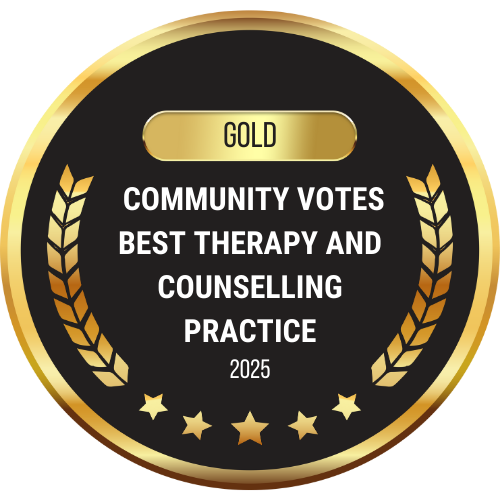A blog by Angela Kingma, MA, RP
Mental health care plays a vital role in supporting and strengthening communities in several ways. By promoting well-being, addressing mental health challenges, and fostering connections, it creates a healthier and more resilient society.
Reduces Sigma and Promotes Awareness
Mental health care helps to break the stigma associated with mental illness by normalizing discussions about mental health. This openness can lead to increased awareness, understanding, and compassion, reducing discrimination and creating a more inclusive community.
Builds Resilience and Coping Skills
Access to mental health support helps individuals develop resilience, which benefits the community as a whole. By leaming coping strategies, people contribute to a more stable, supportive, and adaptable community.
Improves Social Connection and Reduces Isolation
Mental health support often involves creating social connections and providing sense of belonging. This reduces feelings of isolation and strengthens the social fabric of the community.
Enhances Public Safety and Reduces Crime
Mental health care is linked to improved public safety.. By offering mental health services, communities can prevent crises, reduce violent or destructive behavior, and improve overall safety.
Promotes Economic Well-being
When individuals receive proper mental health care, they are better able to contribute to the workforce and economy. Mental health support can reduce absenteeism, increase productivity, and enhance job performance, which leads to stronger economic outcomes for the community. Mental health care can also reduce costs related to emergency health services, homelessness, and unemployment, which helps in allocating resources more effectively.
Supports Families and Caregivers
Communities that offer mental health resources provide education and guidance to those supporting loved ones with mental health challenges. This helps families develop coping strategies and prevents caregiver burnout, contributing to a more harmonious and stable community.
Enhances Community Engagement
When people’s mental health needs are addressed, they are more likely to engage in community activities, volunteerism, and civic participation. Active participation in community life strengthens social bonds and encourages a collective sense of responsibility for one another’s well-being.
Fosters a Culture of Compassion and Empathy
Mental health care helps individuals understand their own challenges and the struggles of others, fostering compassion and empathy. This collective empathy creates a more supportive and kind community where people look out for one another, offer help when needed, and create an environment where mental health is seen as just as important as physical health.











